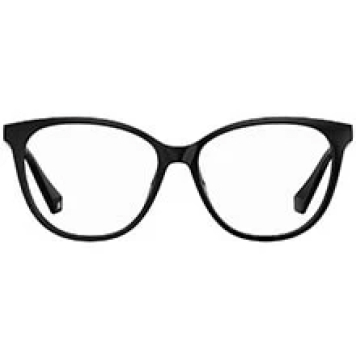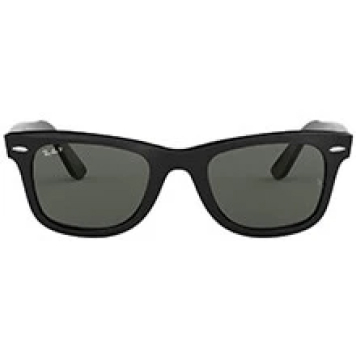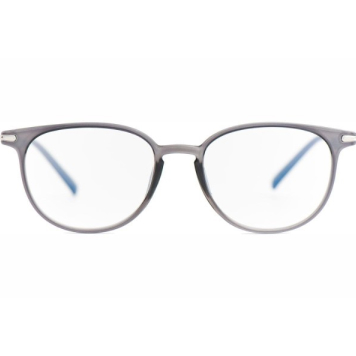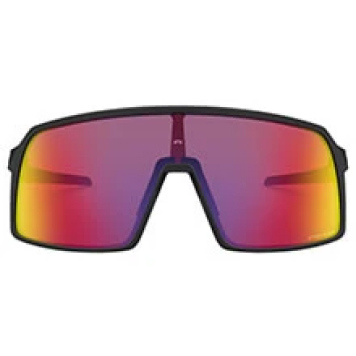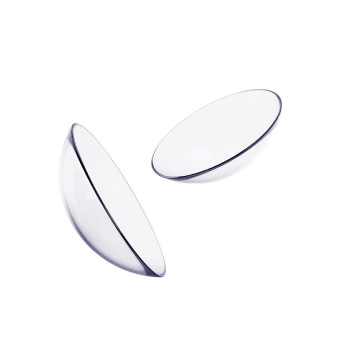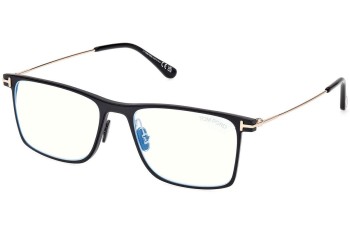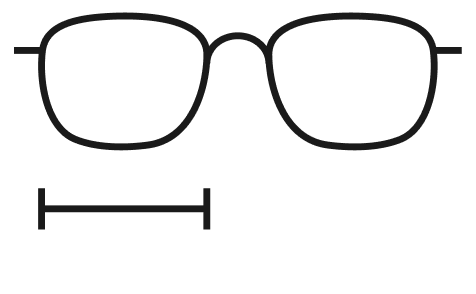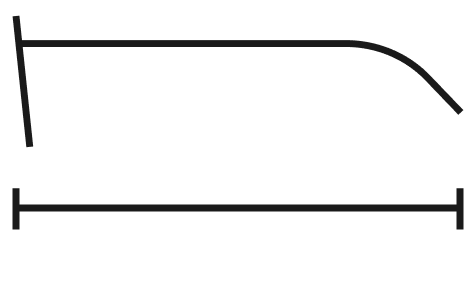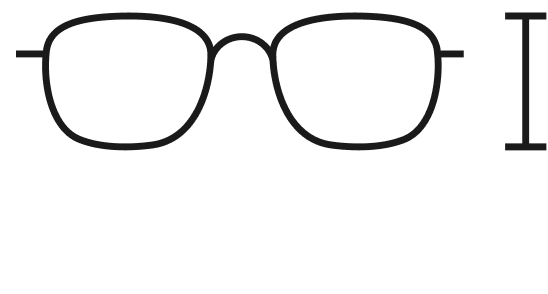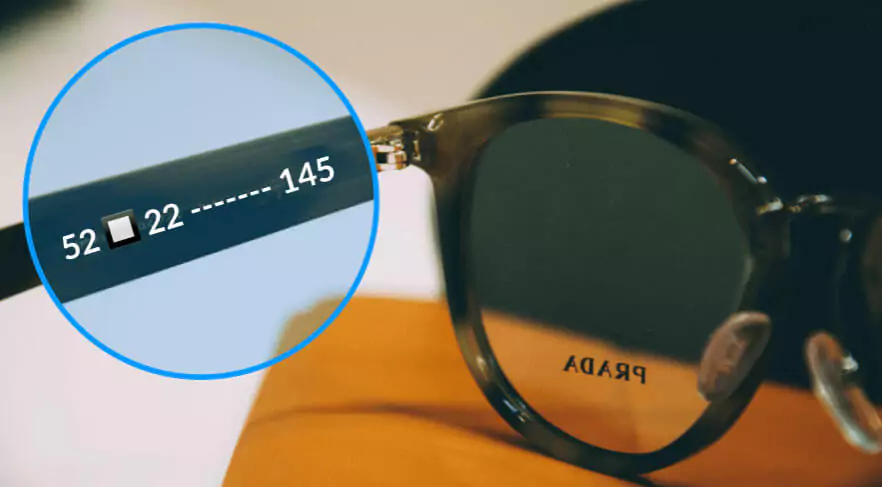FT5865-B tom Ford prescription glasses
Filter
TOP
Displaying: 1
We also return money for lenses!
For your first purchase of dioptric glasses with eyerim vision lenses, we'll give you a full refund when you return them within 30 days. Read more about the refund policy.
For your first purchase of dioptric glasses with eyerim vision lenses, we'll give you a full refund when you return them within 30 days. Read more about the refund policy.
Displaying
1 - 1 / 1
FT5865-B tom Ford prescription glasses
Elegance and luxury - that's exactly what Tom Ford prescription glasses are characterized by. In our offer you will find classic as well as modern models that will stylishly complement your look. You can choose from different types of frames for all face types. You can choose glasses made of lightweight plastic, acetate or noble metal at great prices.How was the Tom Ford brand created?The founder of the brand, Thomas Carlyle Ford, was first a successful actor. In 2005, he embarked on the path of a designer and founded the brand TOM FORD. He immediately began to create dazzling collections of not only clothing, handbags and jewelry, but also handmade glasses for ladies and gentlemen.Today, Tom Ford glasses are among the most luxurious goods. And that's thanks to its precise processing and design, which can underline your personality. Most models are characterized by an elegant metal "T". The most sought after models are Jennifer, Cary, Whitney, Leo and also Henry and Mar. You could also see the Henry model in movies with the famous agent 007.How to choose the right prescription glasses?When choosing prescription glasses, think especially about the right size. Most models are universal, but S, M or L size frames are also available.In addition to the size, pay attention to the material from which they are made. Metal frames are elegant, light and suitable for everyday wear. Plastic ones offer a wide range of colors and motifs. Acetate material is lighter and more flexible compared to plastic. It also has a longer lifespan and is 100% hypoallergenic.When choosing, also take into account the type of your face. Is it heart-shaped, square, round or oval? Once you know what shape you are, it will be easier for you to choose. If you still can't make up your mind, try on the glasses conveniently via a webcam.

